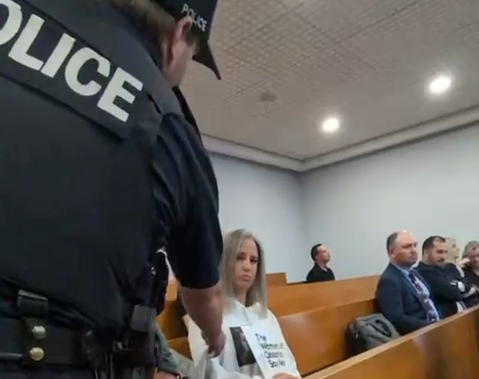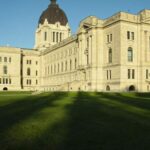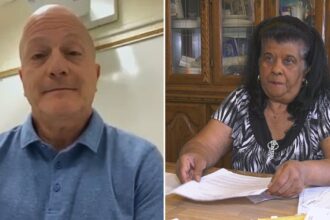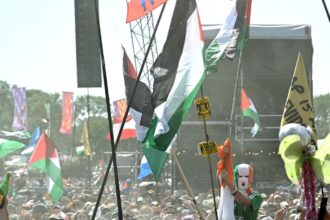In a dramatic escalation of civic tensions, a Niagara Falls city council meeting erupted into chaos Monday night when four women were arrested during protests against a gender identity motion. The incident has ignited fierce debate about the boundaries between free expression and civic order in municipal governance settings.
The arrests occurred after multiple disruptions to council proceedings where protesters voiced opposition to a motion supporting Ontario’s Human Rights Code provisions on gender identity and expression. According to Niagara Regional Police, the women were removed and charged with causing a disturbance after refusing multiple requests to maintain order.
“Municipal council meetings are not the appropriate venue for disruptive demonstrations, regardless of the cause,” said Niagara Falls Mayor Jim Diodati in a statement following the incident. “While we respect the right to peaceful protest, the functioning of democratic institutions must be preserved.”
The confrontation stems from growing activism by the “Ontario Women Say No” movement, which has been staging demonstrations at municipal councils across the province. The group has expressed concerns about policies related to gender identity in public facilities, particularly regarding access to women’s spaces.
Michelle Jones, a spokesperson for the protesters who was not among those arrested, defended their actions. “These councils are making decisions that affect our communities without proper consultation. When traditional channels fail, citizens have limited options to make their voices heard.”
Court documents reveal that the four women, aged between 42 and 67, face charges under Section 175(1)(a) of the Criminal Code for causing a disturbance in a public meeting. Legal experts note that such charges are relatively uncommon in council meeting settings and reflect the escalating tensions around gender identity debates.
The incident mirrors similar disruptions at council meetings in Mississauga and Hamilton earlier this year, suggesting a coordinated effort by advocacy groups to challenge municipal policies across Ontario. Political analysts point to these events as evidence of deepening social divisions playing out in local governance arenas.
Councillor Rebecca Thompson, who introduced the motion supporting the Human Rights Code, expressed disappointment at the meeting’s outcome. “The intent was to affirm existing human rights protections, not to create division. Unfortunately, the discourse has become increasingly polarized, making productive dialogue difficult.”
Community response has been sharply divided. While some residents have condemned the disruptions as undermining democratic processes, others have organized rallies supporting the protesters, claiming their concerns are being systematically dismissed by elected officials.
As the case proceeds through legal channels, questions emerge about how municipalities should balance public participation with orderly governance. In an era of heightened political activism, can local governments find more effective ways to address contentious social issues without resorting to law enforcement interventions?
For more on developing political stories across Canada, visit CO24 Politics and Canada News.

























